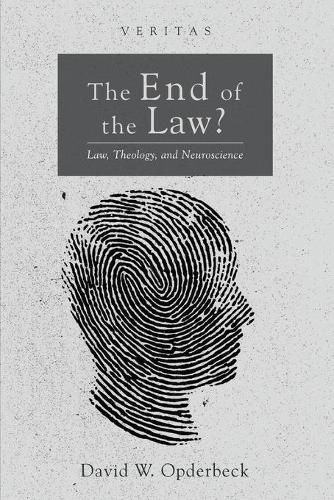Readings Newsletter
Become a Readings Member to make your shopping experience even easier.
Sign in or sign up for free!
You’re not far away from qualifying for FREE standard shipping within Australia
You’ve qualified for FREE standard shipping within Australia
The cart is loading…






This title is printed to order. This book may have been self-published. If so, we cannot guarantee the quality of the content. In the main most books will have gone through the editing process however some may not. We therefore suggest that you be aware of this before ordering this book. If in doubt check either the author or publisher’s details as we are unable to accept any returns unless they are faulty. Please contact us if you have any questions.
Does neuroscience show that all our ideas about law and ethics are false? David Opderbeck answers this question with a broad and deep survey of the relationship between theology, science, and ethics. He proposes that Christian theology, which narrates the humanity and divinity of Christ, in conversation with the new Aristotelianism in the philosophy of science, provides a path through secular and religious fundamentalisms alike.
$9.00 standard shipping within Australia
FREE standard shipping within Australia for orders over $100.00
Express & International shipping calculated at checkout
This title is printed to order. This book may have been self-published. If so, we cannot guarantee the quality of the content. In the main most books will have gone through the editing process however some may not. We therefore suggest that you be aware of this before ordering this book. If in doubt check either the author or publisher’s details as we are unable to accept any returns unless they are faulty. Please contact us if you have any questions.
Does neuroscience show that all our ideas about law and ethics are false? David Opderbeck answers this question with a broad and deep survey of the relationship between theology, science, and ethics. He proposes that Christian theology, which narrates the humanity and divinity of Christ, in conversation with the new Aristotelianism in the philosophy of science, provides a path through secular and religious fundamentalisms alike.